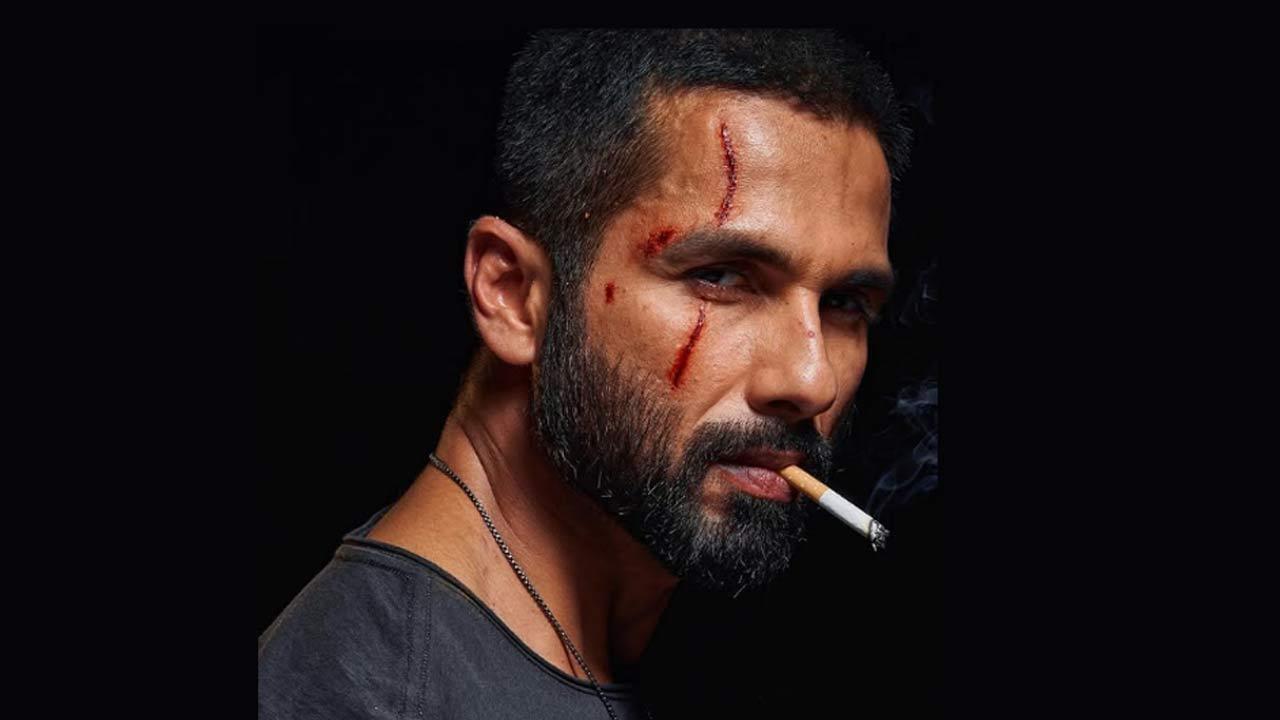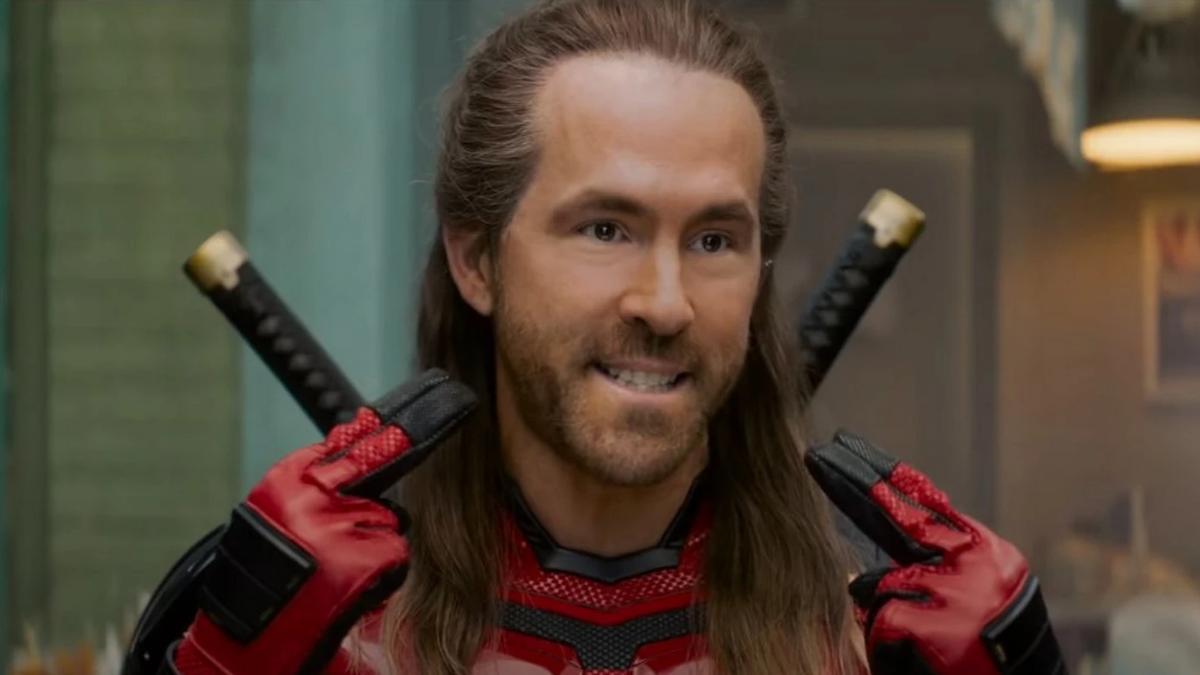
Mumbai’s heavy rainfall on Monday morning wreaked havoc across the city, resulting in significant traffic jams, waterlogging, and disruptions in suburban train services. The Chhatrapati Shivaji Maharaj International Airport (CSMIA) also experienced disruptions in flight operations. In response to these challenges, local authorities took the widely known “Mumbaikar solution” of closing down the Andheri subway due to severe waterlogging. This solution, however, has drawn considerable criticism from notable figures, including filmmaker Vivek Agnihotri.
Taking to social media platform X, Vivek Agnihotri expressed his frustration with the recurring issue. “I have lived in Mumbai for 30 years. Everything sarkari fails but this subway never fails to flood. It’s so stubborn that despite every government’s promises to solve it, it doesn’t yield. Citizens suffer, they die, but who are they anyway… but mere statistics?” Agnihotri’s comments echo the sentiments of many Mumbaikars who have long suffered due to the city’s inadequate infrastructure to handle heavy rainfalls.
Vivek Agnihotri, renowned for his films such as ‘The Kashmir Files’ and ‘The Tashkent Files,’ is no stranger to voicing his opinions on pressing issues. His latest work includes directing ‘The Vaccine War,’ featuring talents like Anupam Kher, Nana Patekar, Sapthami Gowda, and Pallavi Joshi. The film centers around the efforts of Indian scientists in developing the indigenous Covid-19 vaccine amid the global health crisis triggered by the pandemic.
As the city reeled under the effects of the deluge, Maharashtra Chief Minister Eknath Shinde chaired a high-level meeting to assess and manage the situation. In a social media post, CM Shinde acknowledged the severe disruption caused by the heavy rains. “There is a traffic jam on the roads, and the traffic on the railway line has also been affected. The work of removing water from the track is going on by the railway administration, and efforts are on to restore the traffic soon.”
In an effort to ensure public safety, CM Shinde directed all emergency agencies to stay on high alert.
. He urged residents to only go out if absolutely necessary and appealed for cooperation from the Mumbai Municipal Corporation, Police Administration, and Emergency Services. Despite these measures, the sense of frustration and helplessness among citizens like Agnihotri continues to simmer.
Agnihotri’s critique is not unfounded. The Andheri subway’s stubborn tendency to flood despite multiple governmental assurances of corrective action remains a glaring symbol of infrastructural inefficacy. Over the years, successive governments have promised solutions to this perennial problem, yet tangible results remain elusive. This pattern has turned the Andheri subway into more than just a traffic nuisance; it has become a daily hazard to the lives and well-being of Mumbaikars.
On the professional front, Vivek Agnihotri is currently immersed in the research phase for his forthcoming political film, ‘The Delhi Files.’ This ambitious project has seen Agnihotri and his team cover extensive ground, traveling from Kerala to Kolkata to Delhi in pursuit of comprehensive information. The filmmaker claims to have read over 100 books and more than 200 articles related to the historical events that serve as the foundation for his film. His research endeavors also encompassed over 7000 research pages and more than 1000 archived documents, involving visits across 20 Indian states.
Mumbai’s flooding issue, particularly at notorious hotspots like the Andheri subway, accentuates the broader narrative of urban mismanagement and the struggle between political promises and ground realities. While emergency measures and high-level meetings provide temporary relief, Mumbai’s infrastructural woes call for long-term solutions backed by consistent and effective implementation.
As the rain continues to batter the city, the voices of its residents, represented by influential figures like Agnihotri, call for accountability and prompt action. Whether this will spur meaningful change remains to be seen, but the discourse it generates is a step towards greater awareness and perhaps, eventual resolution.
In summation, Mumbai’s recurring monsoon troubles underline the pressing need for a robust, sustainable infrastructure capable of mitigating the adverse impacts of heavy rainfall. Until such measures are realized, the city and its residents will continue to grapple with the monsoon’s annual challenges, often resorting to makeshift solutions that offer little respite from the cycle of disruption.










